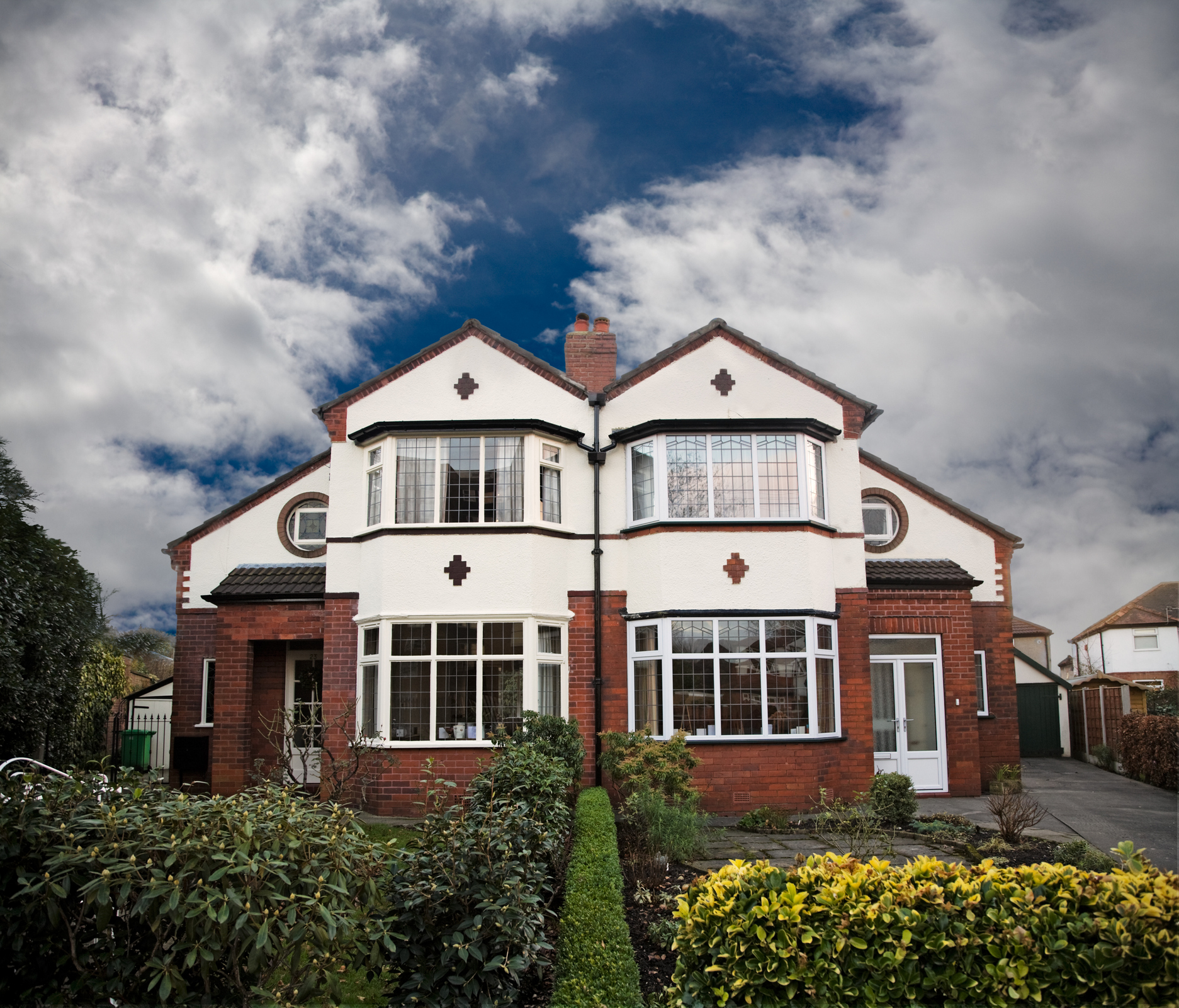Nationwide: House prices fall across the UK at fastest pace since 2009
House prices drop 5.3% on the year as high borrowing costs hit prospective buyers.


Get the latest financial news, insights and expert analysis from our award-winning MoneyWeek team, to help you understand what really matters when it comes to your finances.
You are now subscribed
Your newsletter sign-up was successful
Want to add more newsletters?

Twice daily
MoneyWeek
Get the latest financial news, insights and expert analysis from our award-winning MoneyWeek team, to help you understand what really matters when it comes to your finances.

Four times a week
Look After My Bills
Sign up to our free money-saving newsletter, filled with the latest news and expert advice to help you find the best tips and deals for managing your bills. Start saving today!
House prices in the UK slumped by 5.3% in the year to September, the fastest pace of decline since 2009, as high borrowing costs continue to deter prospective buyers, according to Nationwide’s house price index.
The price of a typical home in September was around £14,500 lower than a year ago, with the average house price now at £257,808.
On a monthly basis, house prices were flat, following a 0.8% monthly fall in August.
MoneyWeek
Subscribe to MoneyWeek today and get your first six magazine issues absolutely FREE

Sign up to Money Morning
Don't miss the latest investment and personal finances news, market analysis, plus money-saving tips with our free twice-daily newsletter
Don't miss the latest investment and personal finances news, market analysis, plus money-saving tips with our free twice-daily newsletter
The figures show house prices fell across every region of the UK. The South West was the weakest performing region, with prices down 6.3% year on year.
The smaller annual fall was recorded in Northern Ireland, where prices are 1.8% lower than a year ago.
In Wales, prices fell 5.4% per year in the July-September quarter, down from a 1.4% fall in the April-June quarter.
In Scotland, price drops also accelerated to -4.2%, from -1.5% in the previous quarter.
Falling house prices don't help first-time buyers
Nationwide says an average first-time buyer with a 20% deposit would have to spend 38% of their take-home pay to meet mortgage repayments at their current rates. This is well above the long-run average of 29% of a buyer’s pay packet.
Robert Gardner, Nationwide’s chief economist, says falling affordability is hitting house prices.
“Housing market activity remains weak, with just 45,400 mortgages approved for house purchase in August, c.30% below the monthly average prevailing in 2019 before the pandemic struck,” he says.
“This relatively subdued picture is not surprising given the more challenging picture for housing affordability,” he adds.
Victoria Scholar, head of investment at interactive investor, says that with the Bank of England at or close to the peak of the rate hiking cycle, inflation coming down and house prices cooling, some pressures for potential homeowners could ease in the months ahead.
“Nonetheless the era of cheap mortgage rates is now just a distant memory with the housing market having to recalibrate to reflect the shift towards higher for longer interest rates,” she warns.
The Bank of England decided to hold the interest rate at 5.25% last month, marking the end of a hiking cycle over 14 consecutive meetings.
Is now a good time to buy a house?
Alice Haine, personal finance analyst at Bestinvest, says that there is no guarantee that interest rates have already peaked but for now prospective buyers can find better deals.
“For now, first-time buyers and those remortgaging can take some comfort from more competitive mortgage deals as lenders compete aggressively for business,” she says.
“Just remember some offers may be too good to be true, with lenders guilty of using attractive rates to mask sharp increases in arrangement or product fees. Calculating the overall cost of the product is vital in assessing whether one product is a better deal than another,” she adds.
Buyers are now turning to smaller, less expensive properties to make their money go further, with transaction volumes for flats holding up better than other property types, Nationwide says.
Get the latest financial news, insights and expert analysis from our award-winning MoneyWeek team, to help you understand what really matters when it comes to your finances.

Pedro Gonçalves is a finance reporter with experience covering investment, banks, fintech and wealth management. He has previously worked for Yahoo Finance UK, Investment Week, and national news publications in Portugal.
-
 Should you buy an active ETF?
Should you buy an active ETF?ETFs are often mischaracterised as passive products, but they can be a convenient way to add active management to your portfolio
-
 Power up your pension before 5 April – easy ways to save before the tax year end
Power up your pension before 5 April – easy ways to save before the tax year endWith the end of the tax year looming, pension savers currently have a window to review and maximise what’s going into their retirement funds – we look at how